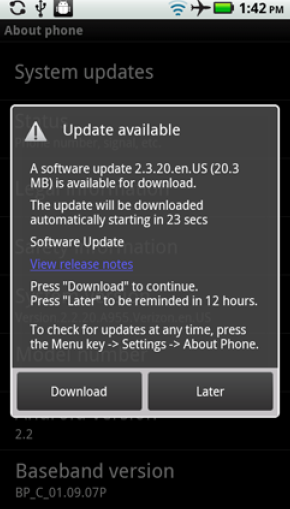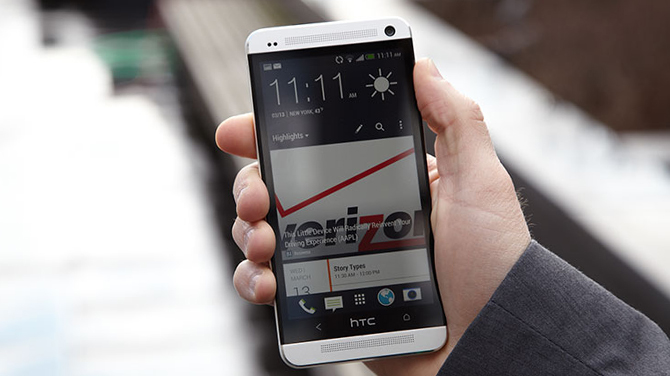Nintendo is responsible for some of the most iconic and most loved video games in the world, so why are they taking aim at Smartphones for the impending downfall of video games?
Last week, Satoru Iwata was not bashful when it came to his opinions of the smartphone games: lower quality, lower value and unsustainable. It took me a while to come to terms with his position and at least I have an idea of where he was coming from.
While few people who consider themselves ‘gamers’ would argue that Angry Birds is in any way the caliber of any of the Mario Bros. series or Zelda, it is easy to see that there are some major differences that leave room for both.
Let’s tally up the factors and see if there is anything to his statements.
Entertainment:
Honestly, I can remember hours passing while playing some of the classic Nintendo games and, well unless you commute by sloth, you’ll be hard pressed to play any smartphone game for hours at a time. While needs have changed a bit, I think people would love to see a game they can’t wait to return to. The Gameboy made it possible to endure huge spans of boredom but will any smartphone ever come close? I think not, simply because their business model doesn’t require it.
Winner: Nintendo
Quality:
Despite some recent games that push the envelope, there are few games that match the ability to draw you into the game-play or story like a game from the big N. Distracting would be the best that smartphones games offer but they have a long way to go before any of them reach the staying power of a mobile game from Nintendo.
Winner: Nintendo
Replay:
A sign of a great game is the ability to come back to it again and again; each time playing differently or finding all the hidden gems. This is starting to look like a landslide but Nintendo excels at making games that stand the test of time. That may change in the future, but I see it being limited by the fact that you can’t leave home and kill your phone’s battery by noon trying to find that one hidden easter egg. Rapidly changing hardware and operating systems of smartphones don’t help either.
Winner: Nintendo
Value:
Here is where we see a chink in Nintendo’s armor. Even a mediocre game under a buck is hard to resist, and being able to quickly demo or even buy a game on the bus beats a trip to the game store any day. Available space on smartphones is an issue but that beats carrying and (potentially) losing a $30 cartridge. Since there is no hardware to buy, the value seems to skew more toward smartphones.
Winner: Smartphones
Economics:
While Nintendo might not see the ROI of a simple smartphone game, worldwide distribution, a lack of physical costs and easy built-in purchases make up for a lot of what a store-bought cartridge costs. Seeing as even the wildly successful Wii will be hard pressed to sell the potentially billions of units that smartphones can, you only need to slide the decimal place and the economics work. Will there be a dominant player like Nintendo in the smartphone market? Hard to say but I’m leaning toward ‘not likely.’ I suppose if you are Nintendo, that is the only economics you can imagine.
Winner: Smartphones
Demographics:
This is the Achilles’ heel of any argument that involves traditional video game companies. They have thrived on a combination of the casual and rabid hard-core gamer. Is it possible there is another market? The Non-Gamer? Smartphones can easily reach the buyer who doesn’t see themselves as a video game player but will still buy and play what passes for a video game on the smartphone. Yes, that includes solitaire type players that won’t branch out but will buy anything that is not a traditional game. Missing this fact is hard to imagine from a company that has revolutionized the game industry time and time again but is steadfastly refusing to see this new market.
Winner: Smartphones
By a narrow margin (depending how you weigh the categories), I do suspect that the Smartphone will become a dominant force in the new landscape of mobile video gaming.
I can fully imagine that Nintendo, Sony and Microsoft will fulfill more of the needs of casual and hard-core gamers but even then most of those ‘gamers’ will succumb a half-way decent 99 cent game on their smartphone while waiting for their morning coffee.
My advice to Nintendo: Integrate cheap 99 cent mini-games for smartphone with online synchronized accounts to reward players who play at home AND play on their smartphones.
Then everyone wins and no one has to lose.
















